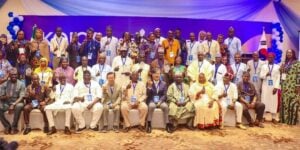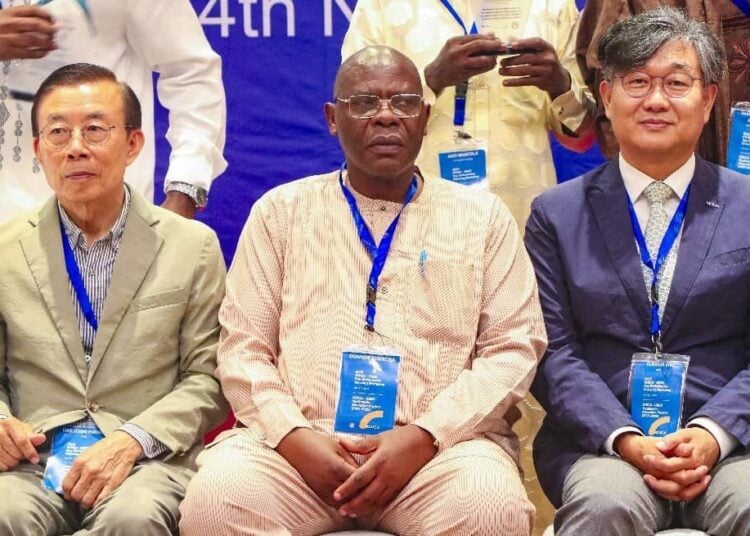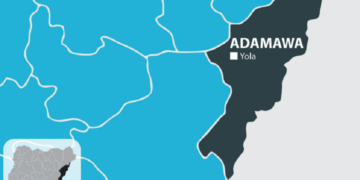The Korea International Cooperation Agency (KOICA) and the Universal Basic Education Commission (UBEC) have reaffirmed their partnership and shared commitment to advancing digital learning and technology-driven education across Nigeria.
Speaking at the closing workshop of the KOICA-UBEC Multimedia Education Project in Abuja, the Country Director of KOICA Nigeria Office, Mr. Eunsub Kim, said the initiative has significantly improved teaching and learning outcomes in the six model smart schools established under the project.
Mr. Kim described the workshop as a platform for reflection, learning, and strategic planning for the next phase of smart education in Nigeria.
“This is not just a celebration of progress; it is an opportunity to learn together and shape the next phase of smart education in Nigeria. Our vision is to help Nigeria build a strong foundation for technology-based learning — equipping teachers with cutting-edge skills and encouraging students to learn creatively and confidently,” he said.
He noted that through smart classrooms, content development studios, and continuous teacher training, the project has demonstrated how technology can make education more interactive and inclusive.

“Smart education is not simply about devices or connectivity; it is about empowering teachers, engaging students, and creating an environment where innovation becomes part of everyday learning,” Mr. Kim added.
As the first phase of the project concludes, he emphasized sustainability and scalability as priorities, assuring that KOICA remains fully committed to strengthening capacity, content, and policy support for digital education nationwide.
Delivering a goodwill message on behalf of the Executive Secretary of UBEC, the Director of Planning, Research and Statistics, Mr. Osahon Igbinoba, commended KOICA for its consistent support in promoting smart schools in Nigeria.
He described the smart school model as “a viable framework for educational transformation that aligns with global best practices,” adding that Nigeria must not lag behind in the digital revolution.
“There are challenges, no doubt, but they are surmountable. Based on what we saw during the evaluation, I believe we will get there soon,” he said.
He also congratulated the winners of the Annual Performance Evaluation competition and urged them to sustain their efforts in advancing digital learning.
This year’s edition marked the end of the project’s monitoring and evaluation phase, with participants from Bauchi, Ekiti, Cross River, the Federal Capital Territory (FCT), Kano, and Nasarawa presenting progress reports.
Bauchi State emerged the overall winner, followed by the FCT, while other participating states were commended for innovation and commitment to smart education.
Also at the event, the Project Manager of the Project Management Consultant (PMC), Prof. Dae Joon Hwang, presented a paper titled “Strategic Approaches to Enhancing Global Competitiveness of Public Education in Nigeria.”
He emphasized that creating master plans and concrete implementation strategies is vital for achieving educational innovation through digital transformation.
Prof. Hwang also called for robust Internet connectivity, stable electricity and water supply, and stronger collaboration among stakeholders to sustain progress.
The KOICA Annual Performance Evaluation Forum continues to serve as a platform for innovation, accountability, and recognition among Nigeria’s smart schools — reinforcing the nation’s commitment to technology-driven education and preparing learners for the future.





